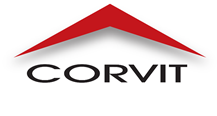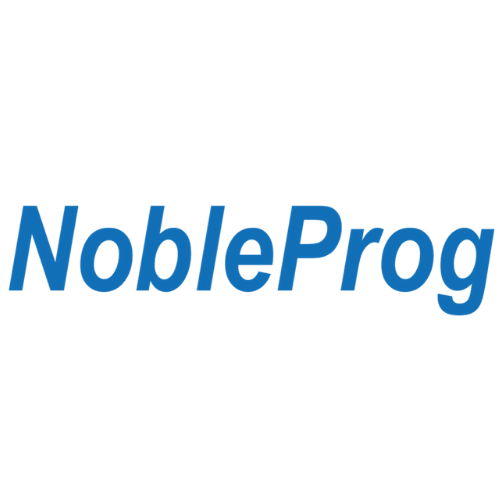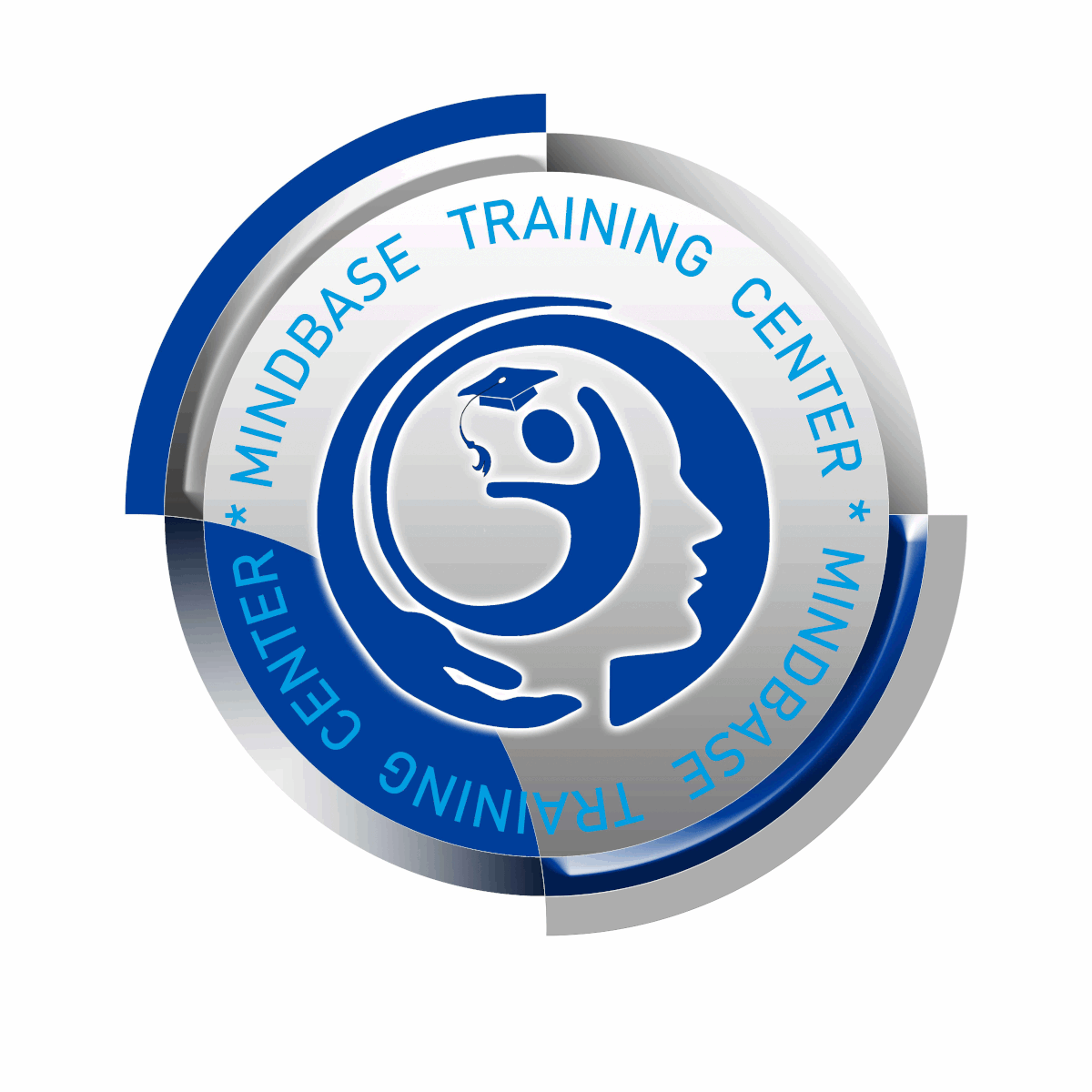Cisco Certified Network Associate (CCNA) is a widely recognized IT certification for professionals who are beginning their IT careers.

Cisco Certified Network Associate (200-301 CCNA)
Cisco Certified Network Associate (CCNA) is a widely recognized IT certification for professionals who are beginning their IT careers. The CCNA certification course is developed by Cisco and is ideal for professionals who are part of digital transformation initiatives that help in business growth and new-age infrastructure.
Course contents:
Module 1: Network Fundamentals
Explain the role and function of network components
Describe characteristics of network topology architectures
Compare physical interface and cabling types
Identify interface and cable issues (collisions, errors, mismatch duplex, and/or speed)
Compare TCP to UDP
Configure and verify IPv4 addressing and subnetting
Describe the need for private IPv4 addressing
Configure and verify IPv6 addressing and prefix
Compare IPv6 address types
Verify IP parameters for Client OS (Windows, Mac OS, Linux)
Describe wireless principles
Explain virtualization fundamentals (virtual machines)
Describe switching concepts
Module 2: Network Access
Configure and verify VLANs (normal range) spanning multiple switches
Configure and verify interswitch connectivity
Configure and verify Layer 2 discovery protocols (Cisco Discovery Protocol and LLDP)
Configure and verify (Layer 2/Layer 3) EtherChannel (LACP)
Describe the need for and basic operations of Rapid PVST+ Spanning Tree Protocol and identify basic operations
Compare Cisco Wireless Architectures and AP modes
Describe physical infrastructure connections of WLAN components (AP,WLC, access/trunk ports, and LAG)
Describe AP and WLC management access connections (Telnet, SSH, HTTP,HTTPS, console, and TACACS+/RADIUS)
Configure the components of a wireless LAN access for client connectivity using GUI only such as WLAN creation, security settings, QoS profiles, and advanced WLAN settings
Module 3: IP Connectivity
Interpret the components of routing table
Determine how a router makes a forwarding decision by default
Configure and verify IPv4 and IPv6 static routing
Configure and verify single area OSPFv2
Describe the purpose of first hop redundancy protocol
Module 4: IP Services
Configure and verify inside source NAT using static and pools
Configure and verify NTP operating in a client and server mode
Explain the role of DHCP and DNS within the network
Explain the function of SNMP in network operations
Describe the use of syslog features including facilities and levels
Configure and verify DHCP client and relay
Explain the forwarding per-hop behavior (PHB) for QoS such as classification, marking, queuing, congestion, policing, shaping
Configure network devices for remote access using SSH
Describe the capabilities and function of TFTP/FTP in the network
Module 5: Security Fundamentals
Define key security concepts (threats, vulnerabilities, exploits, and mitigation techniques)
Describe security program elements (user awareness, training, and physical access control)
Configure device access control using local passwords
Describe security password policies elements, such as management, complexity, and password alternatives (multifactor authentication, certificates, and biometrics)
Describe remote access and site-to-site VPNs
Configure and verify access control lists
Configure Layer 2 security features (DHCP snooping, dynamic ARP inspection, and port security)
Differentiate authentication, authorization, and accounting concepts
Describe wireless security protocols (WPA, WPA2, and WPA3)
Configure WLAN using WPA2 PSK using the GUI
Module 6: Automation and Programmability
Explain how automation impacts network management
Compare traditional networks with controller-based networking
Describe controller-based and software defined architectures (overlay, underlay, and fabric)
Compare traditional campus device management with Cisco DNA Center enabled device management
Describe characteristics of REST-based APIs (CRUD, HTTP verbs, and data encoding)
Recognize the capabilities of configuration management mechanisms Puppet, Chef, and Ansible
Interpret JSON encoded data
Corvit Training & Development Institute is a leading IT & Business Management training provider in the region located in Knowledge Village.
Corvit is one of the largest training providers globally, having taught hundreds of thousands of students worldwide. We are known for providing high-quality consulting and training services in the domains of technology, management, leadership and soft skills.
We have customers across multiple verticals for example, telcos, banking, manufacturing, education, healthcare, hospitality, construction etc. Our customers include some of the most prestigious names worldwide including Google, Ericsson, Nokia, Chevron, Total, ICI, Akzo Nobel, ABB, GSK, Bayer etc. to name just a few.
We provide tailored training solutions to our customers to fit their exact needs and are always willing to go beyond contractual obligations to ensure customer delight. We offer authorized training from our prestigious partners like PMI, AWS, VMware, Microsoft, Cisco, Huawei, EC Council, People Cert etc.
(Institute Review)
55 years ago(Institute Review)
55 years ago
Cisco Certified Network Professional (CCNP) Routing and Switching certification validates the ability to plan, implement, verify and troubleshoot local and wide-area enterprise networks and work collaboratively with specialists on advanced s

ICND 1 provides the ideal introduction for those who are aiming to understand the complex world of network technology. ICND 2 provides the essential knowledge to install and maintain a medium-sized company network, to administer and to ident

The CCNA Exploration Curriculum consists of four courses that provide a comprehensive overview of networking, from fundamentals to advanced applications and services.

ICND 1 provides the ideal introduction for those who are aiming to understand the complex world of network technology. ICND 2 provides the essential knowledge to install and maintain a medium-sized company network, to administer and to ident

This course will teach you about installing, operating, configuring and verifying a basic Internet Protocol version 4 (IPv4) and Internet Protocol version 6 (IPv6) network that includes LAN switch configuration of an IP router.
© 2025 www.coursetakers.ae All Rights Reserved. Terms and Conditions of use | Privacy Policy